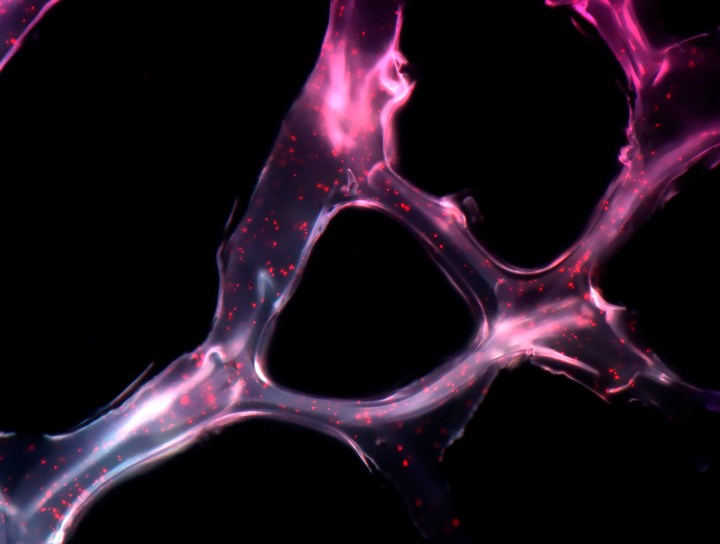
Specifically, Luxturna is a genetically modified virus that carries a healthy gene into a patient’s eye. Tests have shown “dramatic results,” per an NPR report, with treated patients able to see far more effectively than before. Consequently, many of those who received Luxturna treatment were able to perform certain tasks for the first time — patients could read, play sports, ride bikes, and go outside on their own thanks to their significantly improved vision.
“Today’s approval marks another first in the field of gene therapy — both in how the therapy works and in expanding the use of gene therapy beyond the treatment of cancer to the treatment of vision loss — and this milestone reinforces the potential of this breakthrough approach in treating a wide range of challenging diseases,” said FDA Commissioner Scott Gottlieb in a statement.
This has been a good year as a whole for gene therapy — in August, Kymriah became the first gene-therapy drug approved to treat leukemia, while Yescarta received FDA approval to treat lymphoma in October.
“The culmination of decades of research has resulted in three gene therapy approvals this year for patients with serious and rare diseases,” Gottlieb added. “I believe gene therapy will become a mainstay in treating, and maybe curing, many of our most devastating and intractable illnesses.”
While gene therapy could indeed be a long-awaited cure to many of these diseases, these treatments might also come with some pretty serious price tags. As NPR noted, the first gene therapy product costs a whopping $475,000, and Luxturna maker Spark Therapeutics has yet to reveal how much it will charge. But speculation suggests it could cost $1 million per patient.
“I think the price tag will be enormous — 20 or 30 times the annual wages of the typical American,” Dr. Peter Bach, director of the Center for Health Policy and Outcomes at the Memorial Sloan Kettering Cancer Center, told NPR. “For rare conditions like this, the question we need to ask ourselves is exactly how much wealth should be transferred from society to the investors in these companies. Without addressing that we are just letting the investors decide how much they can take.”
Editors' Recommendations
- New gene therapy cuts fat and builds muscle with ease. But there’s a catch
- Scientists want human trials for gene therapy that could help battle addiction


